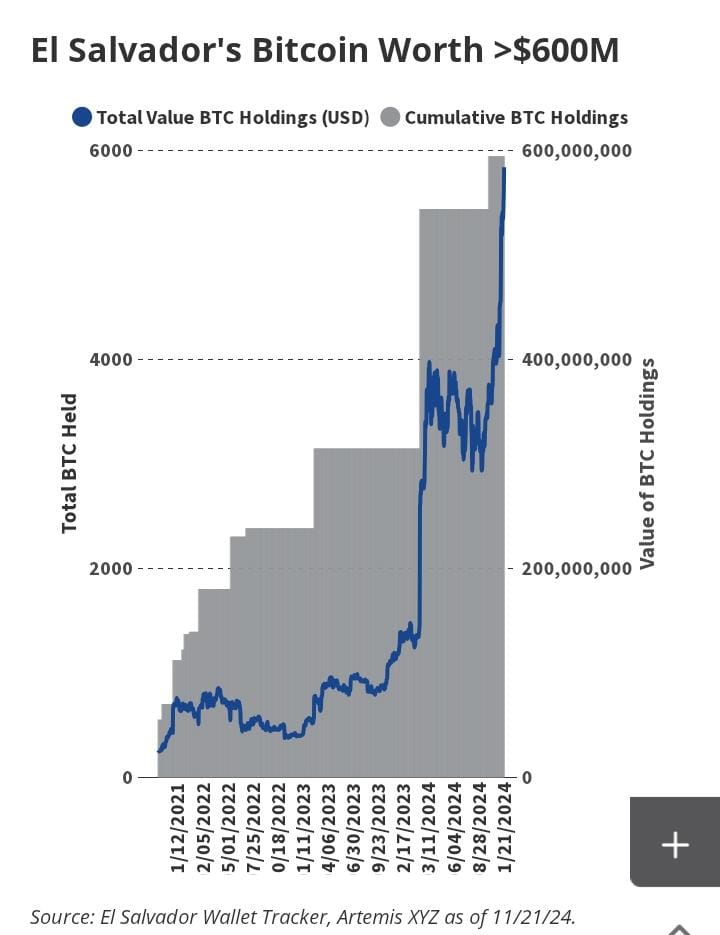Bitget License:- Crypto exchange Bitget has officially secured a Digital Asset Service Provider (DASP) license in El Salvador, following a green light from the country’s Central Bank, the Banco Central de Reserva (BCR) and the National Commission of Digital Assets (CNAD).
The approval will allow it to legally operate and offer crypto-related services in the world’s first country to adopt Bitcoin as legal tender – El Salvador.
The license acquisition will also help Bitget in strengthening its presence in Latin America — a region rapidly emerging as a hotbed for crypto innovation and adoption. El Salvador, in particular, has positioned itself as a pioneering force in the digital assets space since its historic move to legalize Bitcoin in 2021.
What DASP License Means for Bitget
The DASP license will enable the global crypto exchange platform to provide Salvadorans with services such as crypto custody, exchange operations, wallet infrastructure, and digital asset trading within El Salvador’s regulated digital asset ecosystem.
Notably, DASP License was formalized under the Digital Assets Issuance Law, passed in January 2023. The law creates a legal framework to regulate, issue, and market digital assets—including both cryptocurrencies and tokenized securities.
For Bitget, this license approval comes after it secured another Bitcoin Service Provider (BSP) in 2024 – a license that allows businesses to offer services specifically related to Bitcoin, like trading, custody, or payment processing.
And now, by acquiring the Digital Asset Service Provider (DASP) license, the exchange is expanding its regulatory approval. This second license will allow it to deal with other digital assets beyond Bitcoin—such as Ethereum, stablecoins, or altcoins, and also offer services like staking, derivatives trading, and more.
What it Means for Country’s users
For El Salvador, the entry of another major exchange like Bitget could help further its ambition to become a regional crypto hub.
This expansion of Bitget will allow users to diversify their portfolios and engage with various digital assets through a single, regulated platform – Bitget.
With the expanded cryptocurrency trading, users can now trade a variety of cryptocurrencies, such as Ethereum and other altcoins, in addition to Bitcoin. They will also get access to advanced trading options, including futures and options contracts, allowing for diversified investment strategies.
With the new license, the platform will also roll out localized services tailored to Salvadoran users, including educational initiatives to promote crypto literacy.
El Salvador’s Complicated Stance on Crypto
According to the Chainalysis 2024 Geography of Cryptocurrency Report, Latin America accounted for 9.1% of global cryptocurrency value received between July 2023 and June 2024, with countries like Argentina and Brazil leading in transaction volumes.
However, as of 2025, the adoption of Bitcoin and other cryptocurrencies in El Salvador has faced several challenges.
According to a survery conducted by Francisco Gavidia University (UFG) in late September 2024, only 7.5% to 8% of Salvadorans reported to have used Bitcoin for transactions.
Cryptocurrency-based remittances have also been minimal, with less than 1% of total remittances involving crypto assets.
Further, in January 2025, El Salvador revoked Bitcoin’s status as legal tender, making its use voluntary and removing the obligation for businesses to accept it. But recently in March 2025, El Salvador and Paraguay signed an agreement to enhance oversight of digital asset service providers.

Nonetheless, for Bitget, this regulatory approval in El Salvador follows a series of similar initiatives worldwide. In recent months, the Seychelles-based exchange has been actively pursuing licenses and partnerships in jurisdictions such as Hong Kong, Lithuania, and the United Arab Emirates. It recently also partnered with Cryptorefills to boost crypto travel.
And now this latest approval further bolsters Bitget’s commitment to compliance amid global regulatory landscape that is growing more complex.
Why trust CoinGape: CoinGape has covered the cryptocurrency industry since 2017, aiming to provide informative insights to our readers. Our journalists and analysts bring years of experience in market analysis and blockchain technology to ensure factual accuracy and balanced reporting. By following our
Editorial Policy, our writers verify every source, fact-check each story, rely on reputable sources, and attribute quotes and media correctly. We also follow a rigorous
Review Methodology when evaluating exchanges and tools. From emerging blockchain projects and coin launches to industry events and technical developments, we cover all facets of the digital asset space with unwavering commitment to timely, relevant information.
Investment disclaimer: The content reflects the author’s personal views and current market conditions. Please conduct your own research before investing in cryptocurrencies, as neither the author nor the publication is responsible for any financial losses.
Ad Disclosure: This site may feature sponsored content and affiliate links. All advertisements are clearly labeled, and ad partners have no influence over our editorial content.

Share